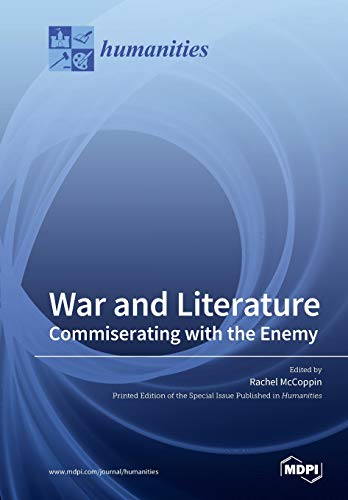

Most ebook files are in PDF format, so you can easily read them using various software such as Foxit Reader or directly on the Google Chrome browser.
Some ebook files are released by publishers in other formats such as .awz, .mobi, .epub, .fb2, etc. You may need to install specific software to read these formats on mobile/PC, such as Calibre.
Please read the tutorial at this link: https://ebookbell.com/faq
We offer FREE conversion to the popular formats you request; however, this may take some time. Therefore, right after payment, please email us, and we will try to provide the service as quickly as possible.
For some exceptional file formats or broken links (if any), please refrain from opening any disputes. Instead, email us first, and we will try to assist within a maximum of 6 hours.
EbookBell Team

4.3
68 reviewsThis Special Issue focuses specifically on the topic of commiseration with the "enemy" within war literature. The articles included in this Special Issue show authors and/or literary characters attempting to understand the motives, beliefs, and cultural values of those who have been defined by their nations as their enemies. This process of attempting to understand the orientation of defined "enemies" often shows that the soldier has begun a process of reflection about why he or she is part of the war experience. The texts included in this issue also show how political authorities often resort to propaganda and myth-making tactics that are meant to convince soldiers that they are fighting opponents who are evil, sub-human, etc., and are therefore their direct enemies. Literary texts that show an author and/or literary character trying to reflect against state-supported definitions of good/evil, right/wrong, and ally/enemy often present an opportunity to reevaluate the purposes of war and one's moral responsibility during wartime.